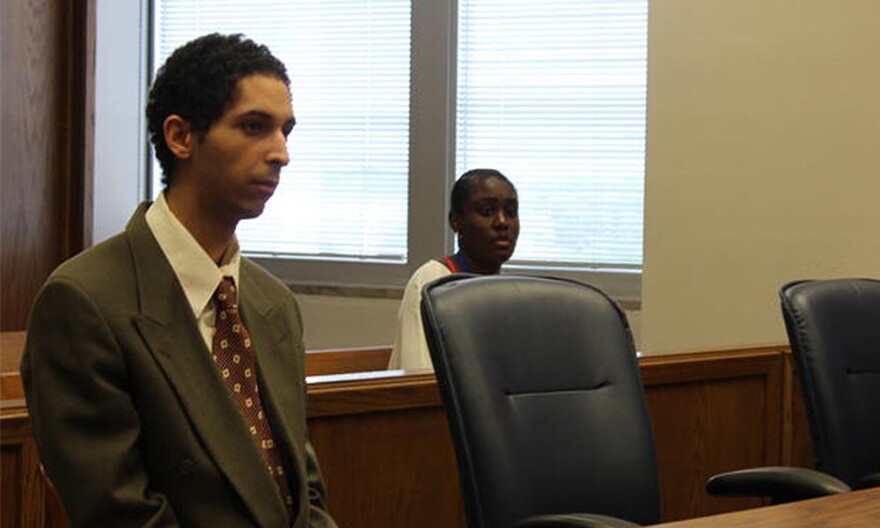An Ohio gamer pleaded guilty Wednesday for his involvement in a hoax emergency call that led to the shooting death of a Kansas man.
Casey Viner, 19, of North College Hill, changed his plea to guilty on federal charges of conspiracy and obstruction of justice. He initially pleaded not guilty.
The plea deal jointly recommends two years of probation, although the judge is not bound by that sentencing recommendation. The deal also recommends Viner be barred from online gaming for 2 years.
Prosecutors say in December 2017 Viner, upset over a $1.50 bet in an online game, asked another gamer to make the fake emergency call to Wichita Police. Viner then tried to destroy his text communications to hide his involvement when he realized from news reports that the call had led to police shooting and killing 28-year-old Andrew Finch.
Finch's death drew national attention to the practice of "swatting," a form of retaliation in which someone reports a false emergency to get authorities, particularly a SWAT team, to descend on an address.
Authorities said Viner recruited Barriss to "swat" an opponent in Wichita over a bet stemming from the game Call of Duty: WWII. But the address they used was old.

Barriss, then a 26-year-old Los Angeles man with an online reputation for "swatting," called police from Los Angeles on Dec. 28, 2017, to falsely report a shooting and kidnapping at that Wichita address. Finch, who was not involved in the video game or dispute, was shot by police when he opened the door.
The intended target in Wichita, Shane Gaskill, 20, is charged as a co-conspirator in the case. Authorities said Viner provided Barriss with an address for Gaskill that Gaskill had previously given to Viner. Prosecutors alleged that when Gaskill noticed Barriss was following him on Twitter, he gave Barriss that same old address and taunted him to "try something."
The federal indictment detailed Viner's panic in text communications after he realized someone had gotten killed and the ensuing investigation would likely unveil his Twitter conversations related to the prank. A person identified in the indictment only as J.D. texted him saying that hopefully Viner didn't say anything stupid.
"I did, I literally said you're gonna be swatted. Not thinking at all, so I'm going to prison," Viner texted back.
When J.D. apparently tried to reassure him by pointing out that Viner himself didn't call the hoax in, Viner replied, "Does t (sic) even matter?????? I was involved I asked him to do it in the first place," according to the indictment.
The indictment also alleged that a forensic examination of Viner's iPhone recovered his deleted outgoing messages to unknown persons, including one in which Viner allegedly wrote: "I was involved in someone's death."
Sentencing for Viner was scheduled for June 26.
Barriss was sentenced last week to 20 years in prison after pleading guilty to 51 counts for making fake emergency calls and threats around the country, including the deadly hoax call in Kansas. Prosecutors believe it is the longest prison sentence ever imposed for "swatting."
Gaskill's trial has been delayed to April 23 amid plea talks with federal prosecutors.





